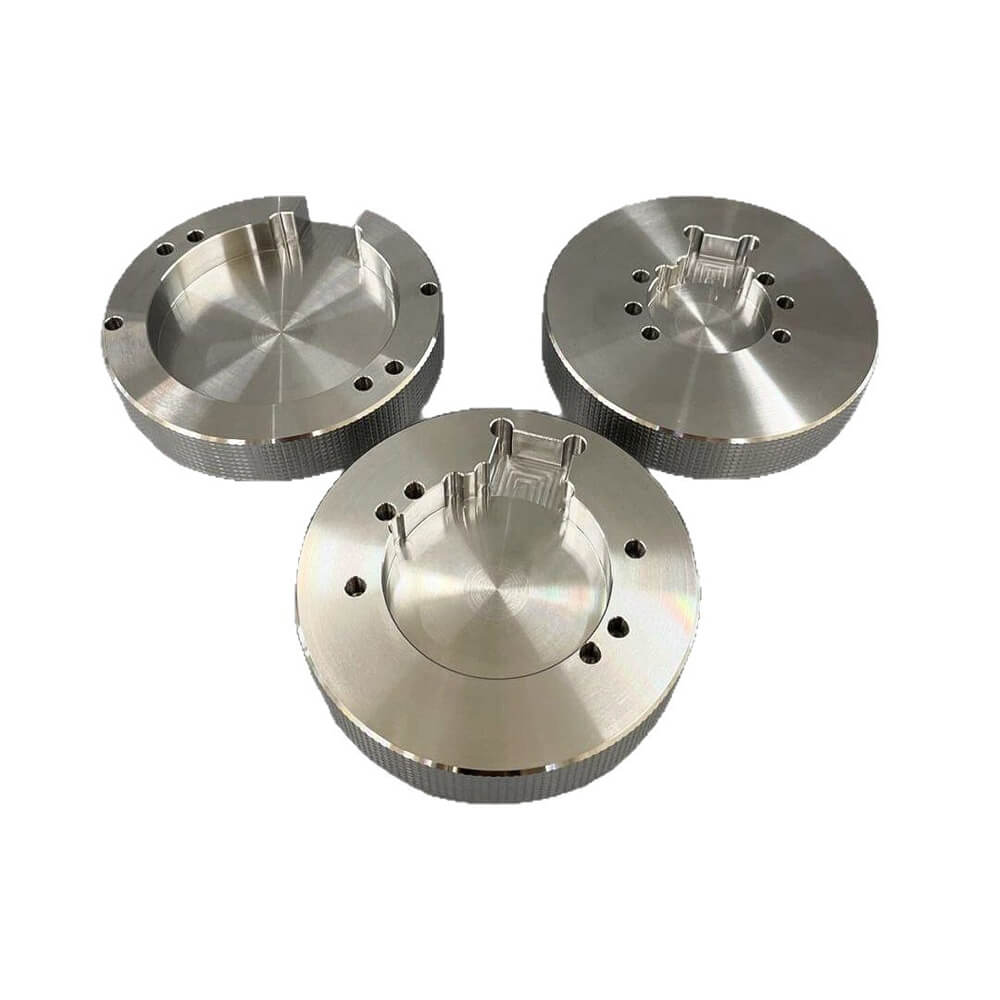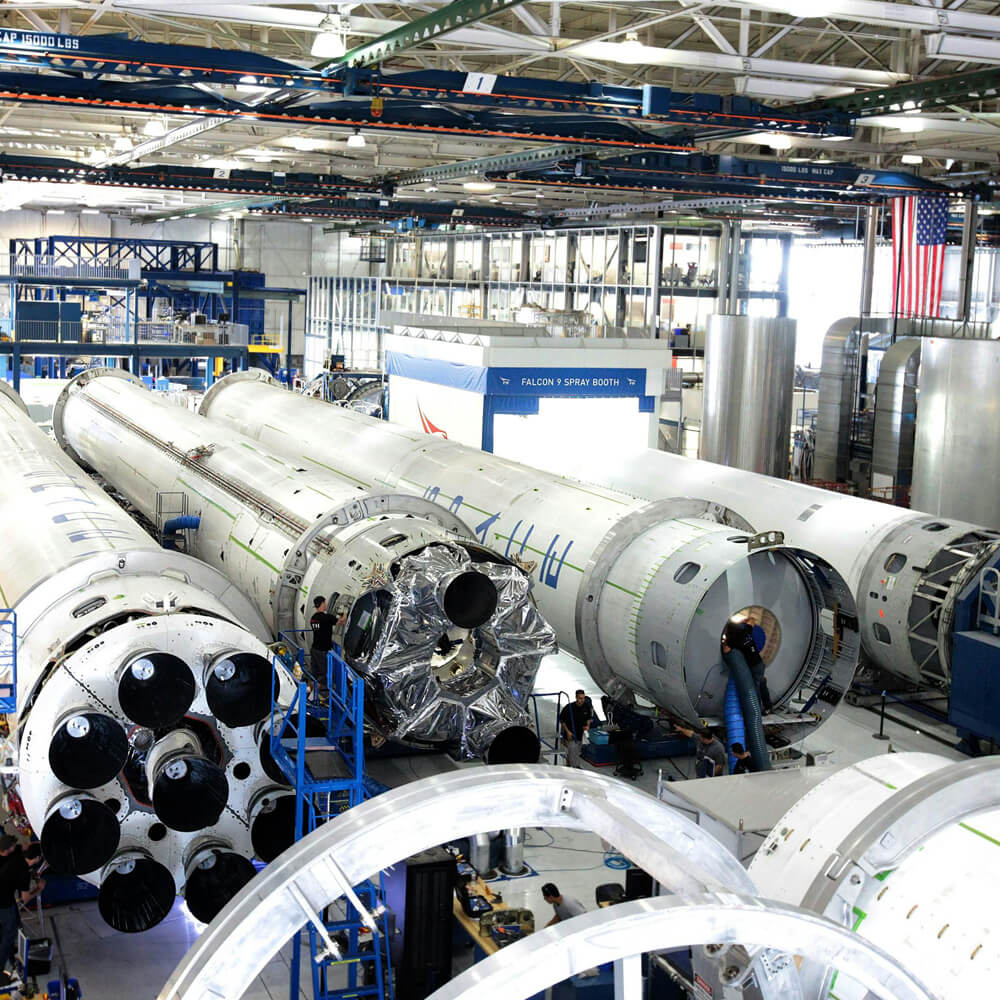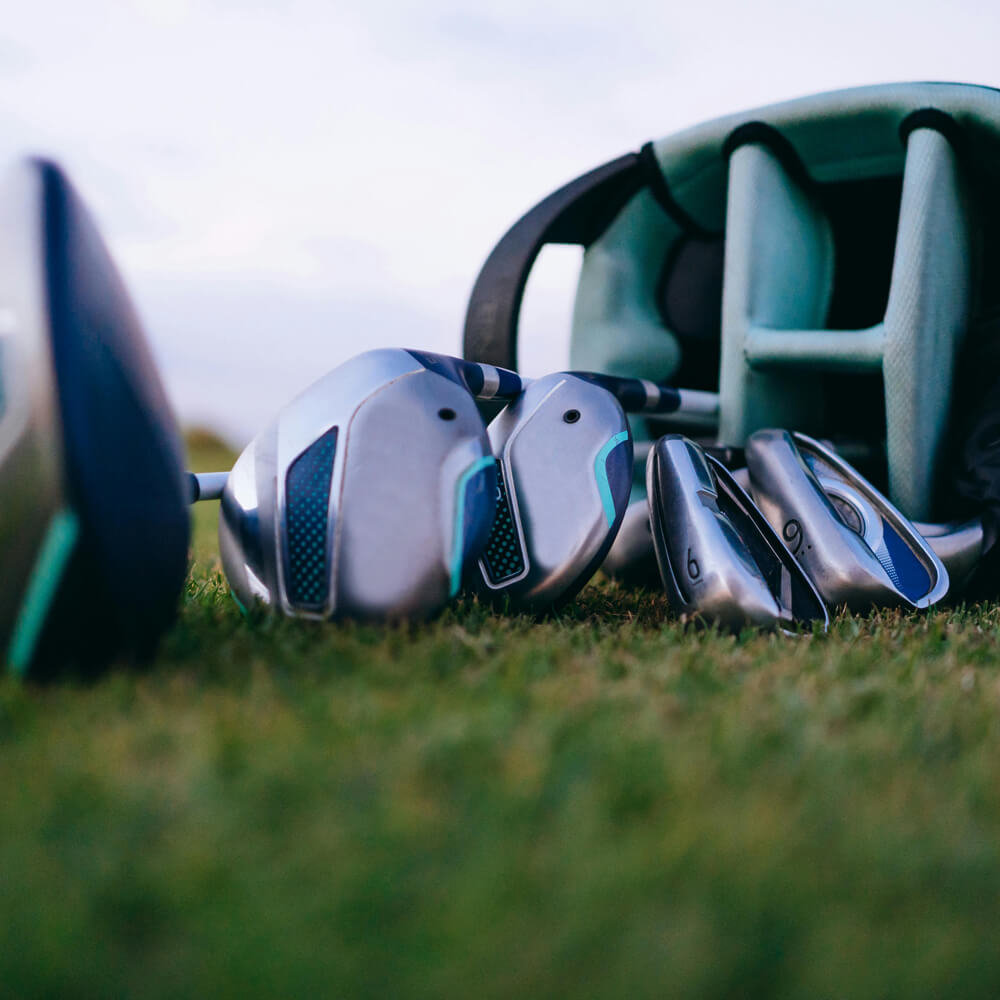Home » CNC Machining Materials: Metals and Plastics » Titanium: Custom Titanium CNC Machining Material Supplier in China
Custom Titanium CNC Machining Services in China
Unmatched Strength-to-Weight Ratio for Critical Aerospace, Medical, and Performance Applications.
- ISO 9001 & AS9100 Compliant
- Medical & Aerospace Expertise
- Grade 2 & Grade 5 (Ti-6Al-4V)


Your Expert Partner for Titanium Machining
Celerity Precision is a specialized manufacturer in China offering expert CNC machining of titanium alloys. Titanium is the ultimate choice for applications that demand high strength and low weight, coupled with exceptional corrosion resistance and biocompatibility. From mission-critical aerospace structures and life-saving medical implants to high-performance automotive components, titanium delivers performance where other metals cannot. Machining titanium is a demanding process that requires specialized expertise, advanced equipment, and rigorous process controls. Celerity Precision has mastered these challenges, enabling us to deliver complex titanium components to the highest standards of quality and precision.
Why Choose Titanium for Your Machined Parts
Titanium offers a unique and powerful combination of properties that make it a superior material for high-stakes applications. Its most famous characteristic is its strength-to-weight ratio, which is the highest of any common metal. While it presents significant challenges in machining due to its low thermal conductivity and tendency to work-harden, the resulting performance is often essential for cutting-edge engineering. At Celerity Precision, we leverage our deep experience to overcome these hurdles, transforming this advanced material into mission-critical components.
Highest Strength-to-Weight Ratio
Delivers the strength of steel at approximately 45% of the weight.
Exceptional Corrosion Resistance
Virtually immune to corrosion from saltwater, chlorides, and most industrial chemicals.
Biocompatibility
Non-toxic and readily accepted by the human body, making it the standard for medical implants.
High-Temperature Performance
Retains its strength at elevated temperatures far better than aluminum or steel.
Low Thermal Expansion
Exhibits significantly less thermal expansion and contraction than other metals.
Non-Magnetic
Its non-magnetic nature is a critical property for many medical and sensor applications.
Titanium Grade 2 (Commercially Pure)
The most common “commercially pure” grade. It offers excellent corrosion resistance and good formability, and is easier to machine than alloyed grades, making it a versatile choice for a wide range of applications.
| Tensile Strength, Yield (MPa) | 345 MPa |
| Elongation at Break (%) | 20% |
| Hardness (Brinnell) | 200 |
| Density (g/cm³) | 4.51 |
Titanium Grade 5 (Ti-6Al-4V)
The most common and versatile titanium alloy, often referred to as the “workhorse” of the aerospace industry. It is significantly stronger than pure titanium and can be heat-treated for even higher strength.
| Tensile Strength, Yield (MPa) | 950 MPa |
| Elongation at Break (%) | 14% |
| Hardness (Brinnell) | 334 |
| Density (g/cm³) | 4.43 |
Surface Finishing Options for Titanium
Titanium’s natural corrosion resistance means that finishes are often for cosmetic, identification, or specific surface property reasons rather than for protection.
As Machined
The standard finish, which reveals the material's natural, slightly grey, semi-lustrous appearance.
Anodizing
Used primarily for cosmetic coloring or creating a color-coded system for identifying parts (common in medical). It can also create a harder, more wear-resistant surface (Type III).
Passivation
A critical cleaning process, especially for medical implants, that removes any surface contaminants and ensures the formation of a pure, stable, and biocompatible passive oxide layer.
Polishing
Mechanical polishing can be used to create a bright, highly reflective, mirror-like finish for high-end cosmetic components.
Sand Blasting
Creates a clean, uniform, non-reflective matte finish, which is a common texture for many industrial and aerospace parts.
Heat Treatment
Used on specific alloys like Grade 5 (Ti-6Al-4V) to increase strength through age hardening.
Pros and Cons of Titanium CNC Machining
Pros
- Unmatched Strength-to-Weight Ratio: The number one reason for choosing titanium, enabling strong, lightweight designs.
- Superior Corrosion Resistance: Essential for marine, medical, and chemical processing applications.
- Biocompatible: The only choice for many long-term medical implants like hip joints and dental fixtures.
- Excellent High-Temperature Stability: Performs reliably in environments where aluminum would fail.
Cons
- Very High Cost: Both the raw material and the machining process are significantly more expensive than for steel or aluminum.
- Difficult to Machine: Its low thermal conductivity, high strength, and tendency to gall and work-harden require specialized tools, slower cutting speeds, and expert process control.
- Low Electrical Conductivity: A poor choice for applications requiring electrical conductivity.
- Reactive at High Temperatures: Can be reactive with cutting tools and oxygen during machining, requiring specific techniques and coolants.
Applications of CNC Machined Titanium Parts

Aerospace
Airframe structural components, landing gear, fasteners, and high-performance engine parts.

Medical
Orthopedic implants (hip, knee, spine), bone screws, dental implants, and surgical instruments.

Marine
Underwater housings for sensors, propeller shafts, and hardware for submersibles.

Automotive
Engine valves, connecting rods, exhaust systems, and suspension components for racing.

Chemical Processing
Vessels, heat exchangers, and piping for handling corrosive chemicals.

Sporting Goods
Premium bicycle frames, golf club heads, and other lightweight performance equipment.
Titanium Machining FAQ
Why is titanium so expensive to machine?
There are two main reasons: the raw material itself is costly, and the machining process is much slower and more demanding than for other metals, leading to longer machine times and increased tool wear.
What is the main difference between Titanium Grade 2 and Grade 5?
Grade 2 is commercially pure, making it more ductile and easier to machine, with excellent corrosion resistance. Grade 5 (Ti-6Al-4V) is an alloy that is significantly stronger and harder, and it can be heat-treated for even greater strength.
Why is titanium so hard to machine?
It has very low thermal conductivity, meaning heat builds up in the cutting tool instead of being carried away by the chips. It also has a tendency to work-harden and gall (stick) to the cutting tool.
Is titanium magnetic?
No, titanium is not magnetic, which is a critical feature for MRI machines and other medical and electronic applications.
Can titanium be welded?
Yes, it is readily weldable, but it requires an extremely clean environment and excellent inert gas shielding (like with TIG welding) to prevent contamination from oxygen, which can make the weld brittle.
What is the purpose of anodizing titanium?
Unlike with aluminum (where it adds significant protection), titanium anodizing is primarily for cosmetic purposes. It creates a thin oxide layer that refracts light, producing a range of vibrant colors. It is often used for color-coding medical screws and instruments.
Is titanium better than stainless steel?
It depends on the application. Titanium has a much better strength-to-weight ratio and is more corrosion-resistant and biocompatible. However, stainless steel is much less expensive and often provides sufficient performance for many applications.
How do you ensure the quality and traceability of your titanium?
We source all our titanium from highly reputable, certified suppliers and can provide full material traceability certifications (MTRs) with every order, which is essential for our aerospace and medical clients.
